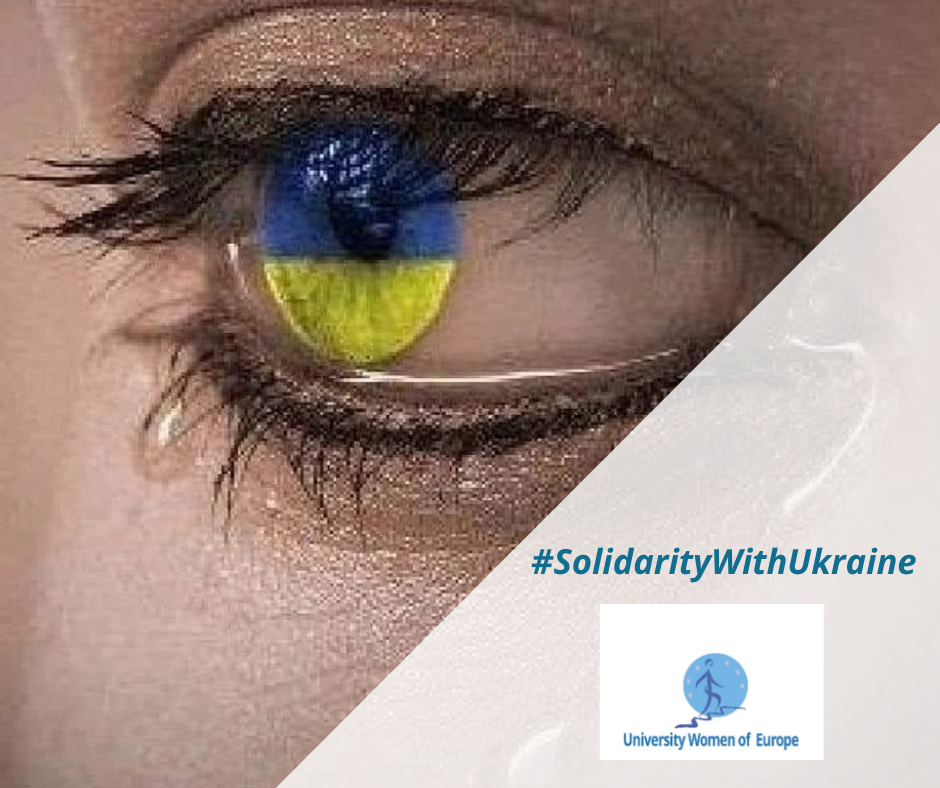
SG Council of Europe
/coe.int/
The Parliamentary Assembly of the Council of Europe noted that no member state was ready to deal with such a pandemic. They had done what they could without much thought, with the closure of borders and little cooperation with neighbouring countries. Each country was treated differently from the others, driven by its health system, which all differed.
Passed on 26 June 2020, Resolution 2320 (2020) “Lessons for the future of an effective and rights-based response to the covid-19 pandemic”, considers it necessary for responses to be proportionate to the coexistence of human rights, responsibilities and solidarity, the balance between rights and the consequences that flow from them.
The aim is to exchange good practices between States and this is the role of the CoE, which recalls the commitment of States to respect the rule of law and propose practical tools.
There is an excess mortality of older people in all countries, especially in specialised institutions.
All structures receiving vulnerable people were considered as living places, but no care was provided and the level of care for the epidemic was insufficient.
1. Dependent older persons require a move away from simplistic age criteria and back to individualised criteria.
2. The integration of several vulnerable populations that are 40% affected by the virus and are only 5% of the general population.
3. Leaving decision-making levels, subsidiarity for ethical medical reasons and interprofessional.
Council of Europe Secretary General Marija Pejčinović Burić has called for increased multilateral cooperation among the organisation’s member states to draw lessons from the pandemic crisis and enhance preparedness for addressing health concerns on the basis of common principles and best practices.
The initiative was presented in the Committee of Ministers to all 47 Council of Europe member states. It follows up the Secretary General’s earlier intervention in response to the crisis.
“The COVID-19 pandemic is greatly affecting our healthcare systems. Anticipating the challenges and assessing the capacities needed requires efficient management in line with ethical principles and respect for human dignity”, stated the Secretary General. She urged member states to engage in a new multilateral cooperation project to be launched by the Council of Europe. The cooperation activities will be conducted on the ground in order to identify the most acute issues and effective solutions.
“The virus continues to destroy lives. We should do what we can to stop it, but also to prevent it from destroying our values and principles. Solidarity and multilateral responses are essential as we face the current crisis.” underlined the Secretary General. “This is where I see our organisation’s genuine added value”, she concluded.
The proposed action will promote and further develop the common European standards enshrined in the Council of Europe conventions, including the European Convention on Human Rights, the European Social Charter, the Convention on Human Rights and Biomedicine (“the Oviedo Convention”), the Convention on the elaboration of a European pharmacopoeia and the Convention on the counterfeiting of medical products and similar crimes involving threats to public health (“the MEDICRIME Convention”).





